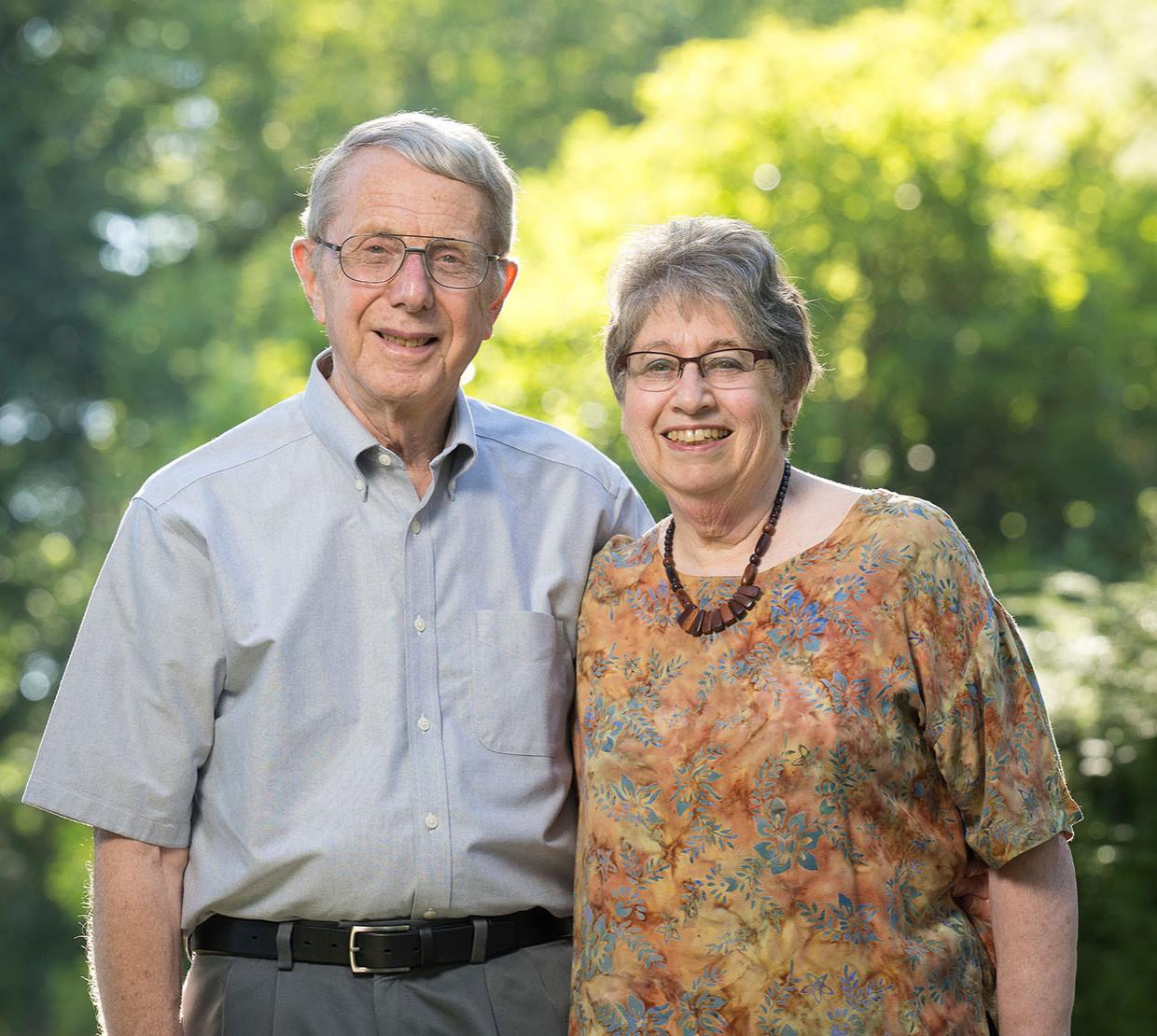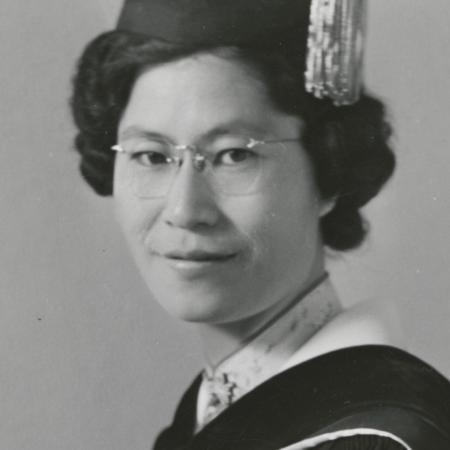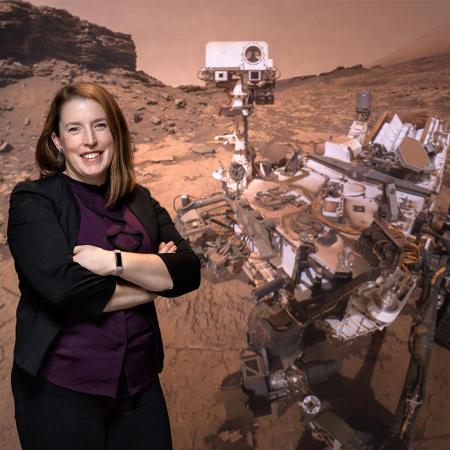Paula and Kenneth Krane are in the business of granting dreams.
They want students to be able to act in Oregon State Theater productions, perform with the Corvallis-OSU Symphony or study abroad. Sometimes, though, financial worries can force students to take part-time jobs instead of taking advantage of these extracurricular and experiential learning activities.
To bridge the gap, the couple, who have been part of the Oregon State University and Corvallis community for half a century, have devoted themselves to providing scholarship opportunities across campus — and the impact has been tremendous.
“Without scholarships like this, I would be unable to follow my dream, and for that, I am infinitely grateful for this opportunity,” said one recipient of the Kenneth S. Krane Scholarship Endowment in Physics.
In addition to scholarships for physics majors, Ken and Paula have established endowments that support scholarships for students participating in orchestral music, theater and the Honors College.
Ken's notable Oregon State career involves service to the Department of Physics and the Honors College. When Paula calls herself “just” a faculty spouse, her husband is quick to jump in and recognize that his professional achievements would not have been possible without her support.
On October 21, the College of Science will award the Kranes the 2022 Distinguished Service Award, recognizing the distinguished service of alumni or friends of the College. “We were surprised and honored,” the couple said.
Service first
In 1974, Ken accepted a position with the Department of Physics after being impressed with the university's balance between teaching and research. “I got a lot of personal enjoyment out of being in front of a classroom, explaining things to students, and seeing the lights go on when they finally get it,” he said.
His favorite class to teach was the large introductory class required for all science and engineering majors. It was the most challenging and rewarding at the same time, he said.
During his time at Oregon State, Ken was the chair of the physics department from 1984 to 1998, authored three textbooks and helped reestablish the Honors College after it disappeared due to statewide budget cuts in the early 1990s. He retired from Oregon State in 2003 and is now an emeritus professor.
Along with supporting Ken and hosting many physics department events, Paula was busy in the community. She was a leader of the fundraising effort for the Corvallis library, served on the boards of the OSU-Corvallis Symphony Society and the Corvallis-OSU Piano International, and while president of the statewide League of Women Voters, served as chief petitioner to pass Oregon’s vote-by-mail initiative.
University Distinguished Professor Emerita Janet Tate, who worked with Ken for decades, said she felt lucky to have him as a valued colleague and mentor.
“His service to OSU was amazing – he served on dozens of important committees and was faculty senate president while he was department chair,” Tate said. “He and Paula graciously hosted many events that built the departmental community.”
Ken was a strong supporter of diversity in physics prior to the discipline being at the forefront of the national conversation, she said. He also led the charge in adopting new methods of teaching and innovative strategies, such as peer instruction and remote clickers.
He also secured multiple fellowships and grants to draw talented graduate students from across the U.S. and Europe.
“I think he must have had a golden pen — he seemed to be able to produce proposals almost overnight!” Tate said.
As a researcher, Ken focuses on nuclear physics, looking at the decay and production of radioactive nuclei using reactors and accelerators. He has completed research at reactors in the U.S., Canada and Europe. His research has been funded through many grants from various agencies, including the Office of Naval Research, the Department of Energy and the National Science Foundation.
In 1990, he was elected as a fellow in the American Physical Society (APS) — a distinction bestowed on less than 2% of APS members each year.
And retirement hasn’t slowed him down. Ken is currently working on a book manuscript and serves on Ph.D. committees annually.




